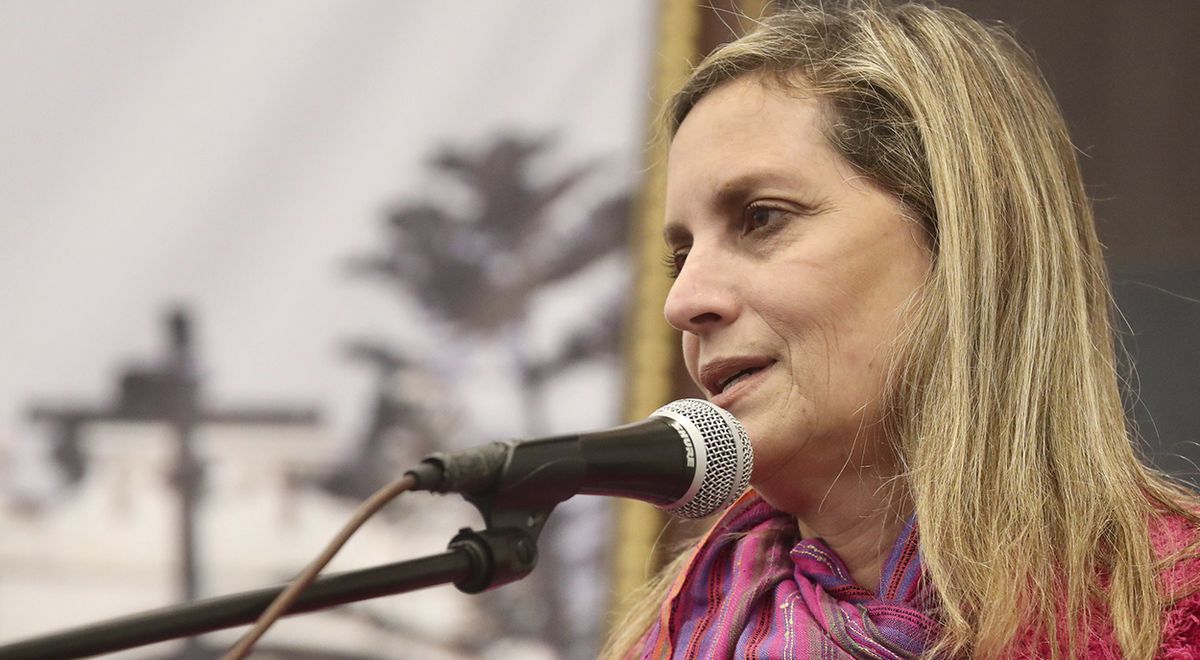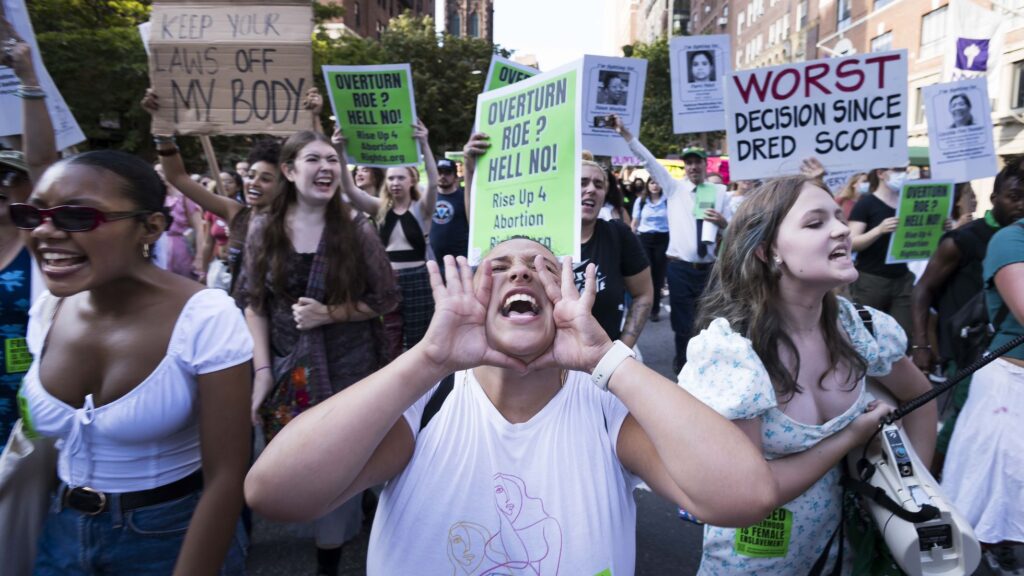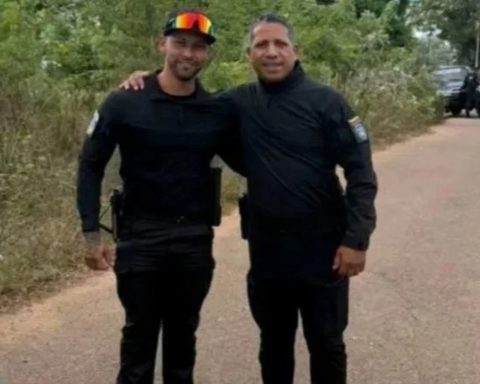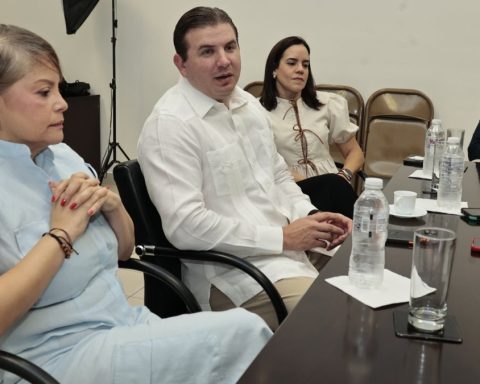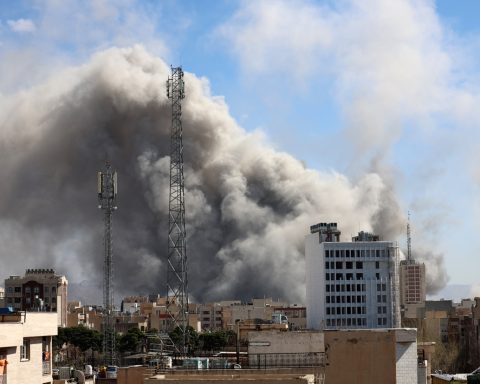Former Minister of Defense Nuria Esparch expressed her annoyance towards the ineffable comments made by the parliamentarian Maria del Carmen Alvacurrent president of the Legislature, who pointed out that the Congress he worked for “whites and Indians”. Esparch considered that statements such as those of the action-populist legislator they did not see each other “since the colony”.
In that sense, the official decided that Alva was a “terrible person”, when referring in that way during a protocol activity of the congress in Piura. “What a horrible person this lady is. Since the colony there was nothing like it, ”said the former minister from her personal Twitter account.
The former Minister of Defense considered that phrases like that of Maria del Carmen Alva had not been seen since colonial times. Photo: Nuria Esparch / Twitter
In this way, Esparch joins the long list of personalities and institutions that condemn the discriminatory comments of the head of the Legislativewho justified his comment by tweeting that it was “a phrase taken out of context.”
YOU CAN SEE: María del Carmen Alva and her class discourse: she says that Congress works for “whites and Indians”
Alva also justified his unfortunate phrase, citing a supposed “modus operandi of those who try to generate a divisive discourse.”
María del Carmen Alva speaks after her classist speech and says that her words were “taken out of context.”
The Ombudsman’s Office rejects Alva’s comments
But that is not how autonomous entities such as the The Ombudsman’s Office, an entity that also spoke out against what was stated by the president of Congress.
“We reject any expression that can generate discrimination by alluding to racial aspects of people. Public officials and citizens in general must avoid any adjectives or stereotypes that have historically been used to discriminate”emphasized the entity in reference to the classist speech issued by María del Carmen Alva.
The Ombudsman’s Office was against what was approved by Congress. Photo: Twitter/DP
YOU CAN SEE: The Ombudsman spoke out against the classist discourse used by María del Carmen Alva
Likewise, he complemented this statement by calling for unity, but not one similar to that of the legislator, whose phrase distorted the intention of the message he tried to give during his speech in the north of the country. Along the same lines, the Ombudsman recalled that Peru is “a multiethnic and multicultural country” and that the unity that must be sought corresponds “to Peruvians because of their condition as human beings.”
